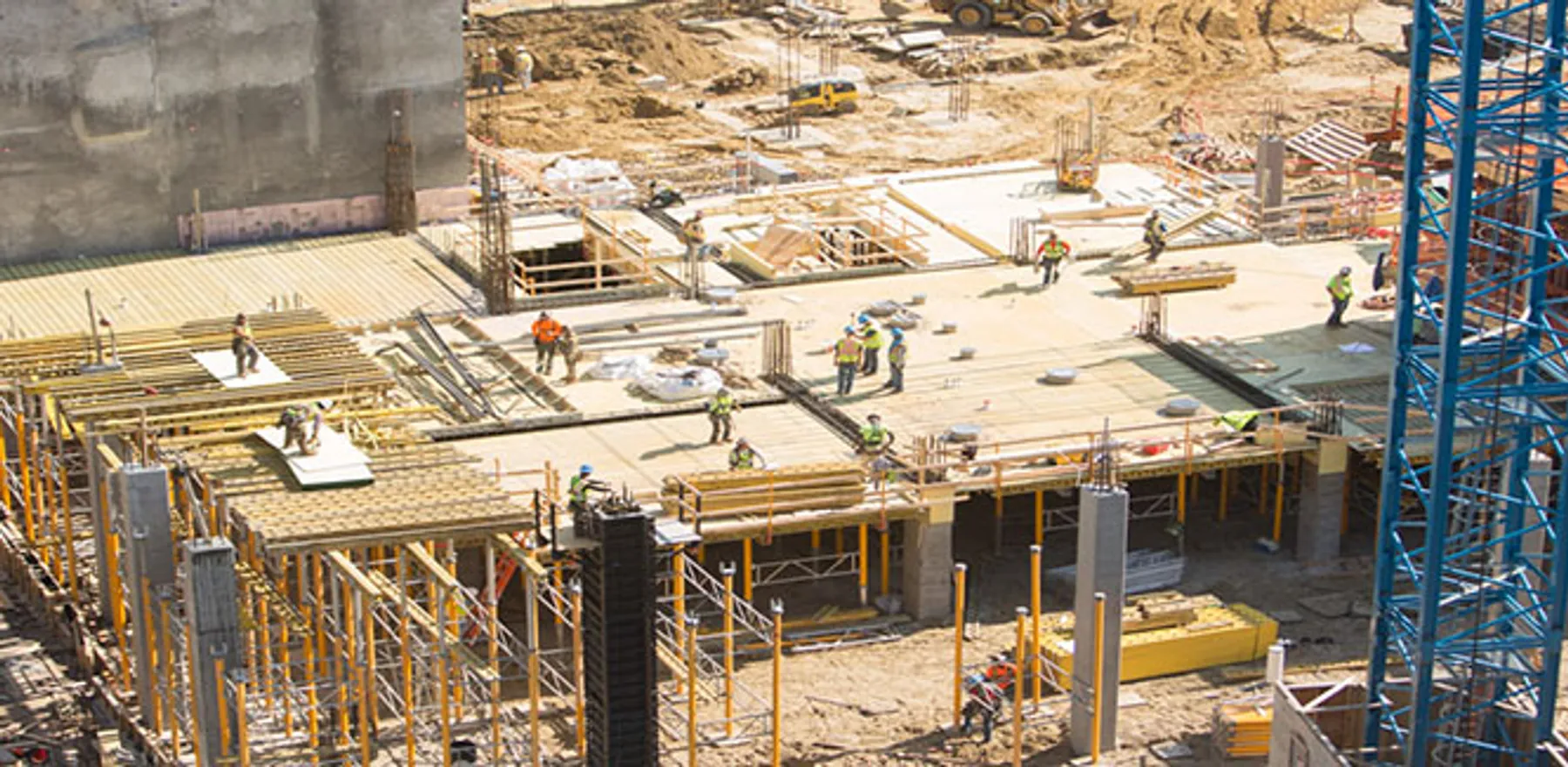In the intricate world of commercial property appraisal, accuracy is paramount. The valuation process is a delicate dance that requires a keen understanding of market dynamics, meticulous data analysis, and a judicious application of appraisal methodologies. However, like any complex undertaking, there are common pitfalls that appraisers must be vigilant to avoid. In this blog post, we explore these pitfalls and offer insights on how to sidestep them for a more accurate and reliable appraisal.
Common Mistakes in Commercial Property Appraisal
- Incomplete Data Gathering:
One of the most fundamental mistakes an appraiser can make is relying on incomplete or outdated data. Inaccurate information about comparable sales, rental rates, or property condition can lead to flawed valuations. To avoid this, appraisers should conduct thorough due diligence, ensuring that all relevant data is collected and analyzed before beginning the appraisal process.
- Ignoring Market Trends:
Real estate markets are dynamic, and failing to consider current market trends can result in misjudged valuations. Appraisers must stay abreast of economic indicators, local market conditions, and industry trends. Regularly updating their knowledge ensures that valuations are reflective of the property’s standing in the current market, preventing discrepancies that may arise from overlooking shifts in demand, supply, or other market forces.
- Overlooking Property-Specific Factors:
Each commercial property is unique, and generic approaches to appraisal can lead to inaccuracies. Overlooking property-specific factors, such as zoning regulations, environmental considerations, or unique features, can skew valuations. To address this, appraisers should conduct a detailed property inspection, collaborate with other specialists when necessary, and tailor their analysis to account for the individual characteristics of the property under evaluation.
- Misapplication of Valuation Methods:
Commercial appraisers typically use multiple valuation methods, including the income approach, sales comparison approach, and cost approach. Misapplying these methods or relying too heavily on one at the expense of others can lead to inaccuracies. Appraisers should carefully consider the appropriateness of each method based on the property type and market conditions, ensuring a well-rounded and balanced valuation.
How to Avoid Mistakes in Commercial Appraisal:
- Invest in Thorough Due Diligence:
Avoiding the mistake of incomplete data gathering starts with comprehensive due diligence. Appraisers should leave no stone unturned, verifying information through multiple sources, and ensuring that all relevant data is current and accurate. A meticulous approach to data collection lays a solid foundation for the entire appraisal process.
- Continuous Market Monitoring:
To stay ahead of market trends, appraisers must engage in continuous education and market monitoring. Subscribing to industry publications, attending conferences, and networking with real estate professionals can provide valuable insights into evolving market conditions. Regular updates to market knowledge empower appraisers to make informed decisions in their valuation processes.
- Customize the Appraisal Process:
Tailoring the appraisal process to the unique characteristics of each property is essential. Appraisers should conduct detailed property inspections, collaborate with experts in areas like environmental assessments or zoning regulations, and be vigilant in considering all relevant property-specific factors. Customization ensures that the appraisal accurately reflects the intricacies of the property under evaluation.
- Balanced Application of Valuation Methods:
A well-rounded appraisal involves a balanced application of various valuation methods. Appraisers should carefully consider the strengths and limitations of each method and apply them judiciously based on the property type and market dynamics. A holistic approach ensures that the final valuation reflects a comprehensive understanding of the property’s value.
In the realm of commercial property appraisal, avoiding common mistakes is crucial for delivering accurate and reliable valuations. Thorough due diligence, continuous market monitoring, customization of the appraisal process, and a balanced application of valuation methods are key strategies to sidestep pitfalls. As the real estate landscape continues to evolve, appraisers armed with a commitment to precision and a proactive approach to mitigating errors will be better equipped to navigate the complexities of commercial property valuation.
Written by Thomas McCoy




